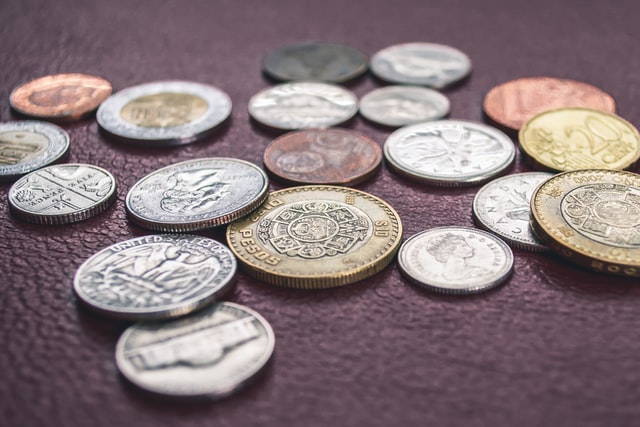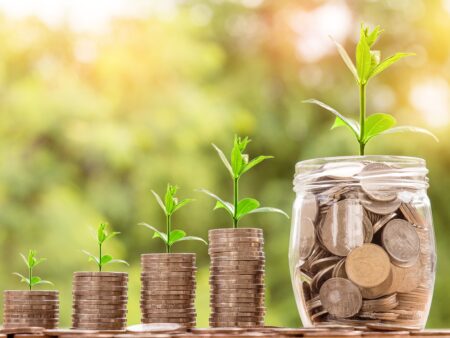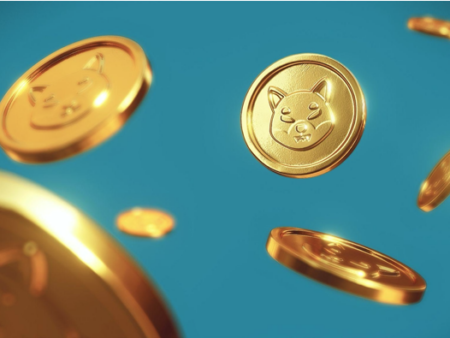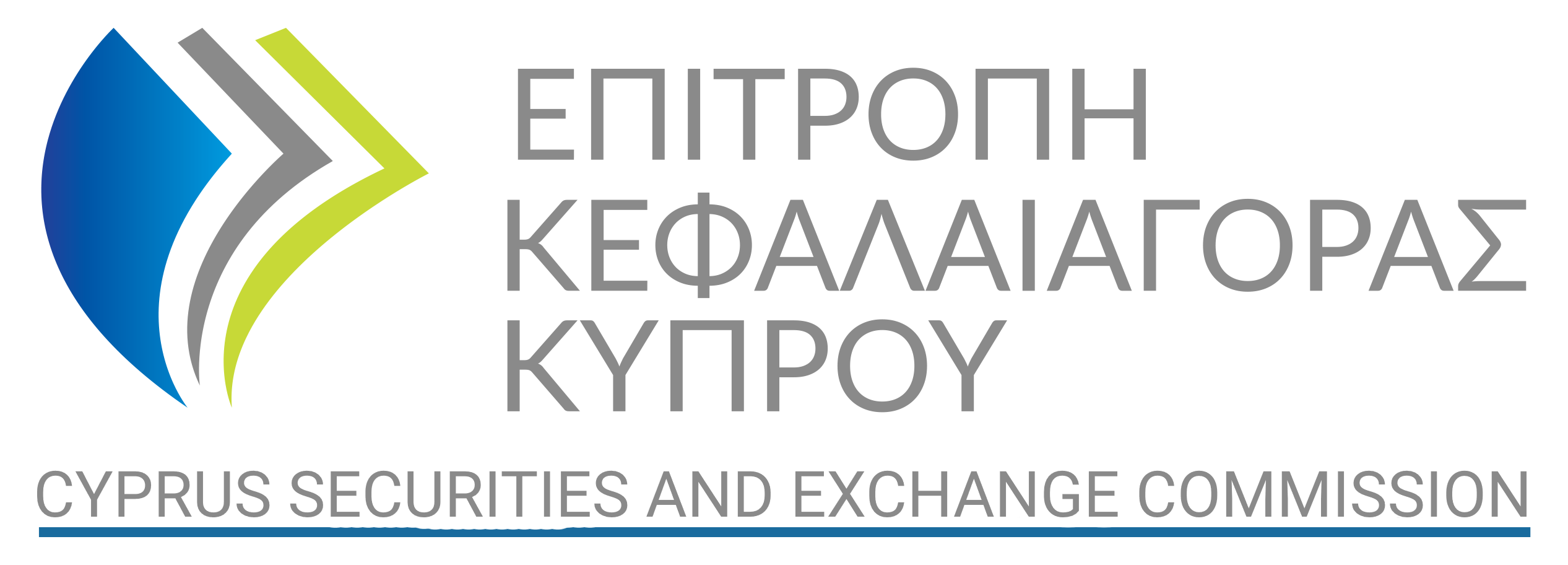
Sometimes, even the people that are extremely careful with their finances and set money aside every month in a savings account may need financing. Life is full of surprises, and some situations are impossible to get out of without external help. Whether it’s a leaking roof, an emergency medical procedure, a surprise trip, or a car that broke down right before payday, unexpected expenses are an inevitable part of adult life, and when they happen, it’s important to have a safety net to fall back on.
Financial options have come a long way in recent years, and the two options we hear about the most are personal loans, which you pay back in installments, and credit cards. The vast majority of people have resorted to one of these financing options at least once, but which one is better?
The first thing you should know is that financing solutions aren’t universal. Everyone has different needs, and just because your uncle or neighbor is a massive fan of, say, a credit card company, that doesn’t mean you’ll have the same positive experience. Not necessarily because they have a bad product or are unprofessional, but because your needs are different.
That being said, both personal loans and credit cards have their pros and cons, and your decision should depend on the amount you need and the payments you are comfortable making afterward.
When should you apply for a personal loan?
When you make a personal loan, the lender, which can be a bank or an alternative lender, will give you the amount you need as a lump sum, and you pay it back over a pre-established period of time. This is why this financing option is also known as installment loans.
In general, personal loans are recommended for borrowing larger amounts of money. For example, in Canada, the loan amounts are usually between $2,000 and $10,000, and you can choose whether you want to pay the loan back as soon as possible, within as little as six months, or you want the installments to stretch across several years. You know the exact date of your last payment, although most lenders allow you to pay off your loan earlier.
Although it may be tempting to choose the smallest installment period to get out of debt fast, keep in mind that doing so might raise the interest rate, so you might end up paying a lot more in the long run. Make sure you do a realistic assessment of your finances before establishing the number of installments.
So, when are personal loans a good option?
Considering that the lending amount is larger, this financing option is recommended for larger purchases, such as:
- Major home repairs and home improvements: fixing the roof, buying new furniture, replacing the boiler, changing the fence, etc.
- Auto repairs: replacing the car battery, changing the suspensions, fixing the air conditioning, etc.
- Medical bills: paying for services that aren’t covered by insurance, buying medicine, dental or plastic surgery procedures.
Applying for a personal loan may also be a good idea when you don’t want to offer any collateral, when you don’t qualify for a credit card, or simply when the amount you need exceeds your credit card limit.
When should you apply for a credit card?
Unlike personal loans, which are paid back in fixed installments, credit cards are a form of revolving credit. How it works is that the bank, or whoever is the credit card supplier, gives you a credit card with a maximum limit. The maximum limit is established based on your preferences and income, and you can pay with it whenever you want, as if it were a debit card. At the end of the month, you decide how much of the debt you want to pay off, although, to maintain a good credit score, it’s advisable to pay off all debt at the beginning of each month.
Credit card debt tends to have a bad reputation, but the truth is that having a credit card isn’t a bad thing. In fact, if you don’t have any form of debt, a credit card can be preferable to taking out a loan.
When you have a credit card, you’re free to spend as much as you want from it, although experts recommend not using more than 30% of the limit per month.
If taking out a loan is recommended for larger unexpected purchases, credit cars are recommended for smaller expenses, such as minor home repairs, electronics & appliances, school supplies, or gifts. You can also use your credit card to take advantage of offers. For example, if you planned on buying plane tickets in April, but you find them at an unbeatable price in February, then it’s worth paying for them by credit card. However, keep in mind that the line between wise purchases and overspending can be stretched pretty thin, so you should practice self-discipline when choosing where to use your credit card.
Important: No matter what option you go for, personal loan or credit card, neither of them negates the importance of an emergency fund. As much as possible, try to set some money aside every month, no matter how small the sum. This way, in the event of an emergency, you can cover the expenses, at least partially.
Which should you pay off first, loan or credit card?
The sooner you pay off your debt, the better. But, assuming you have both a personal loan and a credit card, which one should you pay off first? That depends. Personal finance experts emphasize two strategies. First, you have the debt avalanche method, where you start with the debt that has the highest interest, and then you move on to smaller debts. Second, there’s the debt snowball method, where you pay off smaller debts first, which encourages you to attack debt. Both options have their pros and cons, but in order to gain financial independence, try to stick to just one, and have a systematic approach.





![Binance Review: How the Crypto Exchange Works [2024]](https://www.feedroll.com/wp-content/uploads/2024/03/binance-trading-100x100.png)



